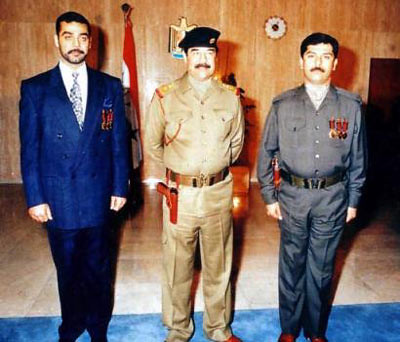Grossaktion Warsaw: The systematic deportation of Jews from the Warsaw ghetto begins.
Grossaktion Warsaw, also known as the Grossaktion Warschau, was a brutal and devastating operation carried out by Nazi Germany during World War II. The operation took place in the Warsaw Ghetto, which was a segregated area in the city of Warsaw, Poland, where the Nazis confined the Jewish population.
The Warsaw Ghetto was established in November 1940, and it became the largest and most densely populated Jewish ghetto in Nazi-occupied Europe. At its peak, the ghetto held around 400,000 Jews, forced to live in abhorrent conditions, suffering from starvation, disease, and maltreatment.
Grossaktion Warsaw was part of the larger plan known as the “Final Solution,” which aimed to exterminate European Jews. It began in the summer of 1942, as the Nazis intensified their efforts to systematically annihilate the Jewish population in Poland.
In July 1942, the Nazis launched the first wave of deportations from the Warsaw Ghetto to the extermination camp at Treblinka. Thousands of Jews were rounded up, forced to leave their homes, and crammed into freight trains under inhumane conditions. Once they arrived at Treblinka, they were immediately sent to the gas chambers and murdered.
The resistance movement inside the ghetto, particularly the Jewish Combat Organization (Zydowska Organizacja Bojowa or ZOB), organized acts of resistance against the Nazis during these deportations. They attempted to fight back and disrupt the deportation process, but they were severely outnumbered and outgunned.
Despite their limited resources and the overwhelming might of the Nazi forces, the resistance fighters in the Warsaw Ghetto put up a courageous struggle for several weeks. Their efforts delayed the operation, but ultimately the Nazis prevailed.
Grossaktion Warsaw was executed in several stages, with the final round of deportations occurring in September 1942. By that time, the vast majority of the ghetto’s population had been transported to the extermination camps and murdered. The remaining Jews were either killed on the spot, sent to forced labor camps, or managed to go into hiding.
The horrors of Grossaktion Warsaw and the fate of the Warsaw Ghetto’s inhabitants became a symbol of the Holocaust’s atrocities. It stands as a stark reminder of the genocidal policies pursued by the Nazis during World War II and serves as a testament to the strength and bravery of those who resisted despite facing insurmountable odds.


